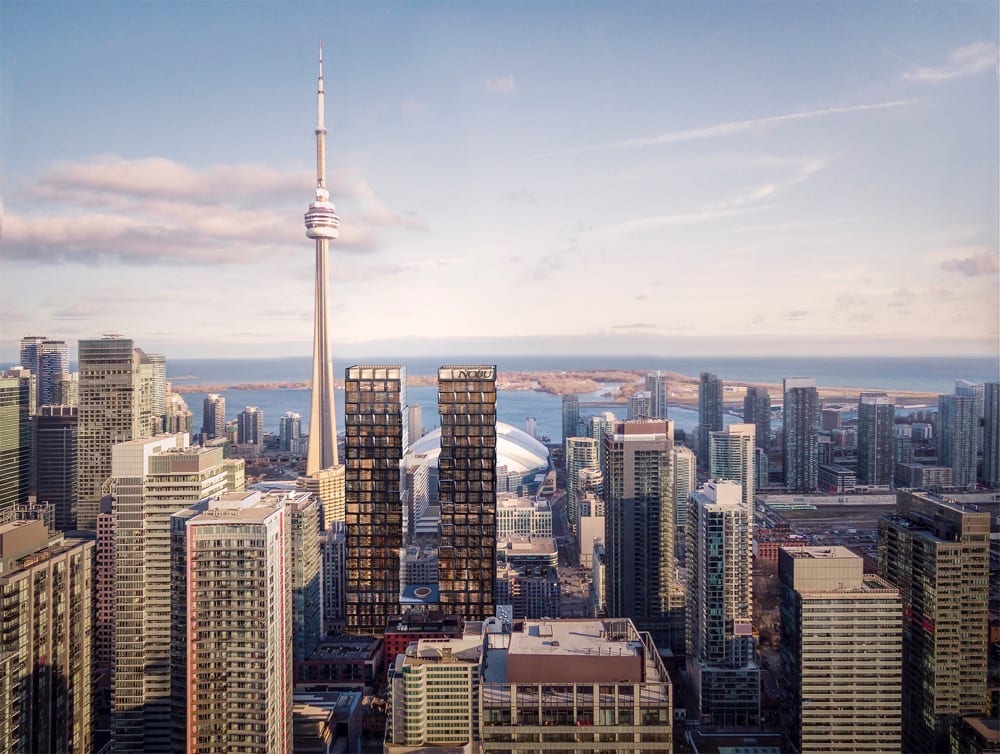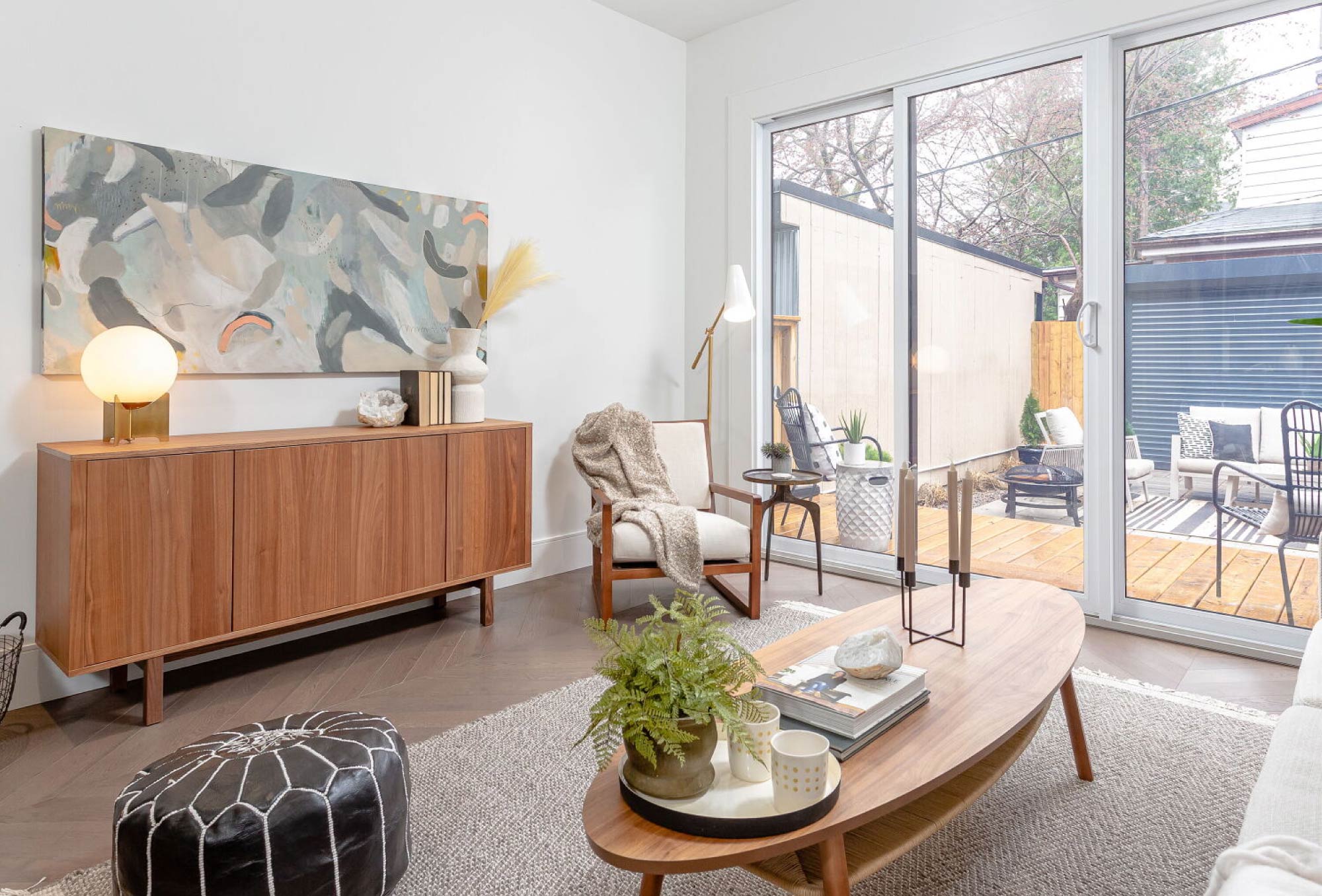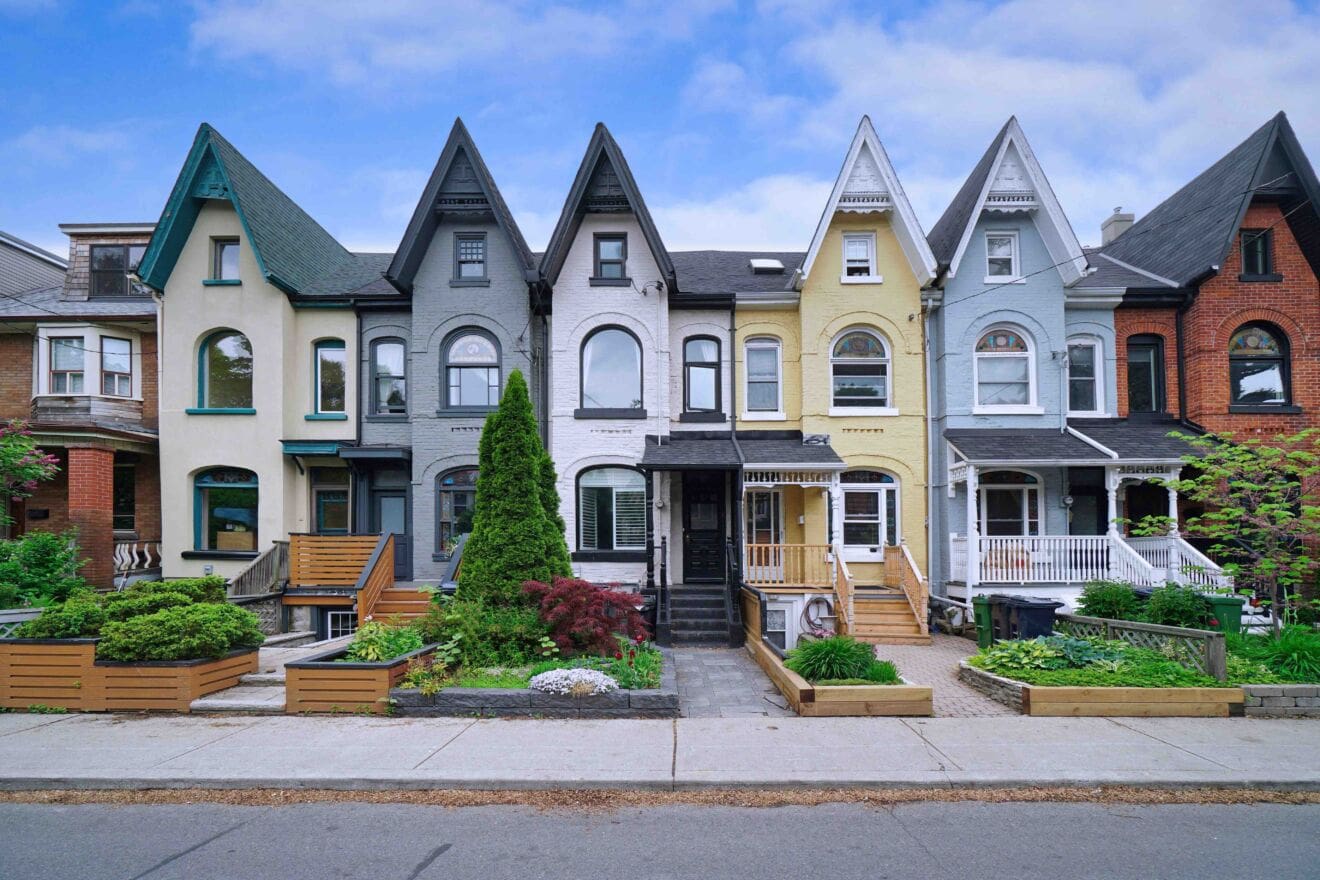
Cannabis was made legal in Canada on October 17th and will go down in history as a monumental day, but what does this mean for the real estate market? How does this impact renters, landlords, and even the actual buying and selling market in Ontario? We’ve been asked by many clients and realize there is a lot of grey to what seems like a black and white topic.
Cannabis Rules in Ontario
As of October 17th, it will be legal for adults ages 19 and up to possess up to 30 grams of marijuana (one ounce). It will be legal to grow up to 4 pot plants per residence – including a single-family house, in your condo or each apartment in a multi-unit building. You will only be permitted to use recreational cannabis in a private residence, including your outdoor space. In Ontario, cannabis has officially begun selling online and retail dispensaries will soon follow behind next year. Gummies, lollipops and other edibles will not be legal until the fall of 2019.

What Cannabis Means for Landlords?
Can you smoke in your condo?
If you’re an investor and have a property, or properties that are tenanted, there are some things you need to consider. First, if you own a condo that has tenants, check in with your condo board right away to see what their policies will be. Many have already enacted new regulations that owners and therefore residents must adhere to. Some condos are going completely smoke-free and others are planning to rely on existing nuisance rules to deal with any issues pertaining to marijuana. We suggest taking the lead on this one and finding out the rules and communicating them to your tenant.
Can a landlord evict you for smoking?
If you’re just getting into the landlord game like some of our clients, we suggest implementing a no-smoking rule in the lease. Section 10 of Ontario’s standard Residential Tenancy Agreement allows you to specify smoking rules so if you want to ensure you have the right to prohibit marijuana in your unit, we recommend including this in your lease agreement. Something else you can include is a “do not grow” rule in the lease that states your tenant is strictly prohibited from growing in the unit. Be very upfront about this with potential tenants – since it’s completely legal now, we hope most renters will be as upfront as you’ll be in your requirements.
How Can Cannabis Affect the Ontario Real Estate Market?
We honestly don’t believe it’s going to have that big of an impact on the market overall. uptick Commercial opportunities may rise due to those looking for space to sell once approved, and those who are approved looking for facilities to grow, but residential, particularly condos, is a different story and likely will only see a handful of changes.

One change we’re seeing already is condo boards implementing rules and regulations around smoking and growing, with may already prohibiting one, or both. We can see both sides of the coin on this one – what you do in your own home is ok, as long as it’s not causing any harm to anyone. But owners are going to need to think about the impact of cannabis when it comes to resale, the same way smoking is considered. Buyers are typically not looking for a new home or condo that reeks of cigarette smoke, so the same can be said about marijuana smoke.
Regardless of what side you’re on, this will be an interesting one to watch. Especially with condos. Will your condo be a “smoke” or “non-smoking” building and how will that impact your buying and investing decisions? The next few months will be very telling as further regulations roll out.

TRB Education Hub
Get the real estate resources you need to succeed. Visit our education hub for market insights, guides, podcasts and more.




